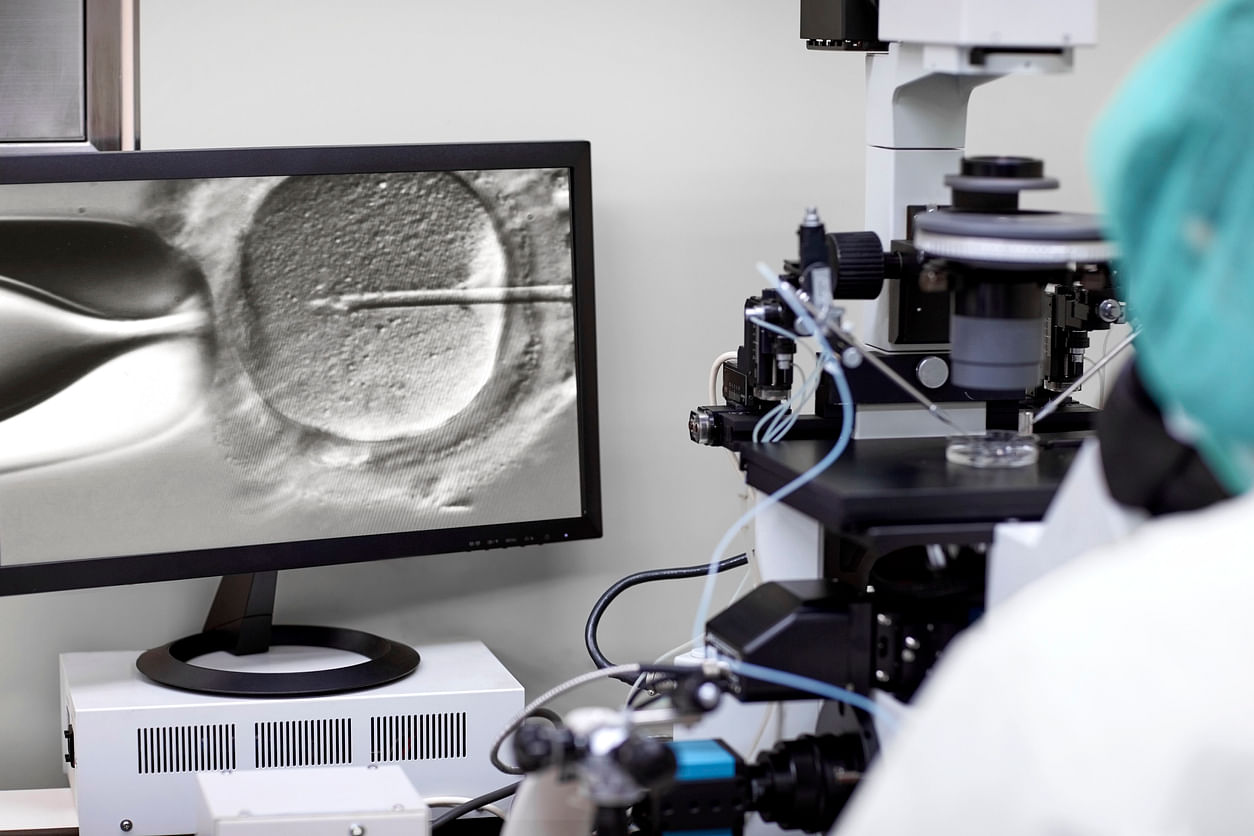
The Union Cabinet on Wednesday cleared the Assisted Reproductive Technology Regulation Bill 2020, which would eventually pave the way to regulate in-vitro fertilization (IVF) clinics that mushroomed all over the country.
Once the bill is enacted, it would lead to the creation of a national board to lay down and implement a code of conduct for people working at such clinics besides determining the minimum standards of physical infrastructure, laboratory, diagnostic equipment and expert manpower to be employed by ART clinics and banks.
According to a registry maintained by the Indian Council of Medical Research, there are 1,269 ART clinics in India (as on November, 2019). The number swells up to 1,846 when ART clinics and ART banks are taken together.
Maharashtra has the maximum number of ART clinics (266) followed by Tamil Nadu (164), Delhi (113), Karnataka (102), Uttar Pradesh (92) and Gujarat (80). The number rises when ART banks too are taken into account.
However, registration with the ICMR is a voluntary exercise at the moment because of which many clinics don't take the trouble and prefer opacity while offering infertility treatment.
The need to regulate the ART services is to protect the affected women and children from exploitation. The oocyte (egg) donor needs to be supported by an insurance cover, protected from multiple embryo implantation while children born through ART should be provided all rights equivalent to biological children.
The bill intends to make genetic testing of the embryo mandatory before implantation for the benefit of the child born through ART, besides streamlining the cryo-preservation processes for sperm, oocytes and embryo.
“The major benefit of the act would be regulation of the assisted reproductive technology services in the country. Consequently, infertile couples will be more ensured and confident of the ethical practices in ART clinics,” said a government statement issued after the meeting.
Seeking to form a national registry and registration authority to maintain a central database and assist the national board in its functioning, the bill proposes stringent punishment for those “practising sex selection, sale of human embryos or gametes and running agencies/rackets/organisations for such unlawful practices.”
Over the last 12 years, the proposed legislation underwent several twists and turns. One of the major changes is dropping of surrogacy from the original draft as a new law has been readied to deal with such issues.
When a Select Committee of the Rajya Sabha reviewed the Surrogacy (Regulation) Bill, 2020 – passed by the Lok Sabha last year – it suggested bringing out the ART bill before the surrogacy legislation so that technical issues related to artificial reproduction were sorted out before surrogacy happened in an ethical and legal fashion.
The ART bill may be introduced in the second half of the budget session beginning on March 2.
